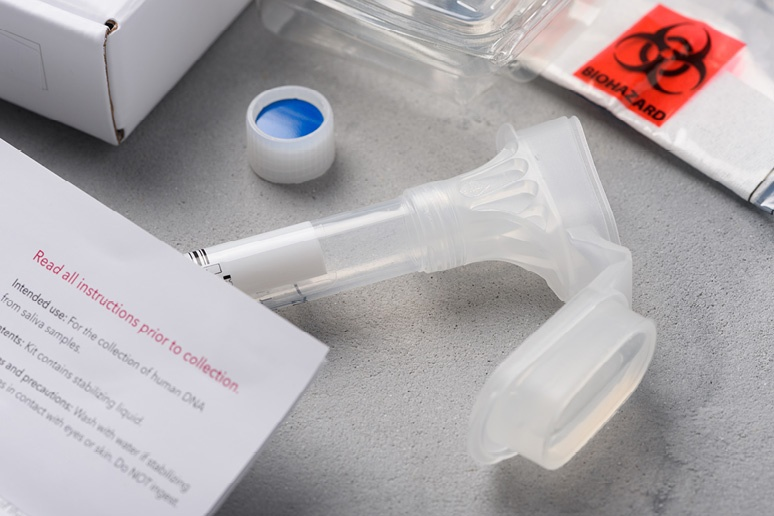Genetic testing is no longer something only ordered by a physician for medical reasons. Now, anyone can decide they want to have their DNA tested to learn more about themselves, and it is becoming a popular option. Credence Research, Inc. found the direct-to-consumer genetic testing market is booming. In 2017, the market was valued at more than $117 million, and it is expected to reach a value of more than $611 million by 2026. If you’ve thought about taking an at-home genetic test, you’re not alone. However, consider more than the scientific aspects of the test before sending in your sample.
Are the genetic test providers guilty of false advertising?
Genetic testing has been marketing as enabling you to explore your heritage or learn more about your specific ethnicity. Unfortunately, that is not how exactly DNA works, and our current technology and genetic databases do not have the capabilities of pinpointing where people really came from.
A DNA test cannot provide conclusive evidence that your ancestors belonged to a certain community. The test can merely compare your DNA to DNA records of others and then highlight the similarities. For instance, if your DNA test says you are 22 percent Swedish, this only means you have a significant amount of DNA similarities to the DNA of many people in Sweden. It provides a clue to your ancestry, but not definitive proof. The clue may line up with the records your family has, it also may be entirely wrong. Also, a test’s results are limited by the database the company has behind it. As databases grow, results will change.
Another issue was that certain tests were originally advertised as being able to offer specific health information, such as the likelihood of a person to develop certain medical conditions. These claims had 23andMe, a popular genetic test provider, in trouble with the U.S. Food and Drug Administration and the defendant in a class action lawsuit because there was no evidence as to the accuracy of these health reports. The class action against 23andMe was resolved through arbitration, and customers who bought a test between October 6, 2007 and November 22, 2013 were eligible for a small recovery.
Who owns your genetic data?
You need to read the fine print before you send a genetic sample to a company. Some of these companies state that by paying the price for the test kit and sending in your sample, you agree that the company owns your genetic data and can use it however it wants, forever, without paying you royalties. Additionally, you waive your right to sue the company if they use the genetic information in a way that ultimately harms you.
Some companies have publicly stated that this license is simply to ensure they can provide this service and they are not selling genetic data to third parties. However, it remains that the contract may entitle the company to do so, even if they have not yet. And it has become clear that companies gathering massive amounts of genetic data have, at times, provided it to others. Biopharmaceutical companies, like GlaxoSmithKline PLC, have paid for access to genetic data for research, according to Bloomberg Law.
The testing companies are quick to point out that the data is de-identified. In other words, it does not specifically say it is your genetic data. However, attorneys from Loeb & Loeb LLP state that this genetic data is “inherently identifiable” and can be traced back to you and other family members too.
If you are interested in a genetic test kit, you need to read the fine print, such as 23andM3’s terms of service and privacy statement—both of which can change—to see what rights the company retains and what rights you keep. Then you need to decide if you are OK with that.
Are there laws protecting your genetic data?
You may wonder whether there are any federal laws that protect your genetic data owned and stored by the genetic testing company. The answer is yes and no. There are various laws that protect certain types of information in certain circumstances, such as the Health Insurance Portability and Accountability Act of 1996 (HIPPA) and the Genetic Information Nondiscrimination Act (GINA). However, with these laws and others, there are many loopholes and grey areas employers, insurance companies, and other businesses can potentially exploit. If your private information has been compromised it is in your best interest to consult with a qualified attorney.
 By Victoria Langley,
By Victoria Langley, 

